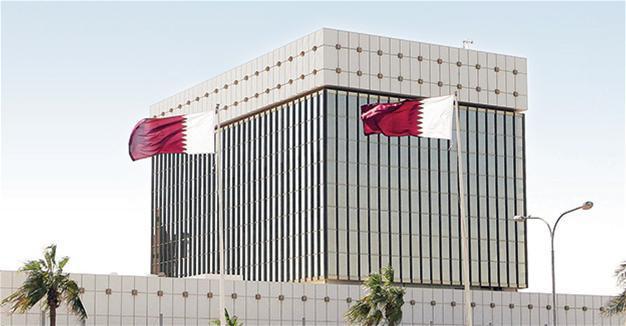Qatar Central Bank says country has $340 bln in reserves, can weather Arab sanctions
DUBAI - Reuters

Qatar has $340 billion in reserves that could help the Gulf country to weather the isolation by its powerful Arab neighbors, Central Bank Governor Sheikh Abdullah Bin Saoud al-Thani said.
“This is the credibility of our system, we have enough cash to preserve any... kind of shock,” he told the CNBC news channel in an interview published early on July 10 on its website.
Al-Thani said the Central Bank has $40 billion in reserves plus gold, while the Qatar Investment Authority sovereign wealth fund has $300 billion in reserves that it could liquidate.
Qatari stocks have weakened and the riyal has been volatile in the spot market since Saudi Arabia, the United Arab Emirates, Bahrain and Egypt cut diplomatic and transport ties with Qatar on June 5, accusing it of backing terrorism. Doha has denied these allegations.
“Qatar has already had a good and unique system. We have laws established against all these kinds of terrorists,” al Thani told CNBC.
“We work with the IMF (International Monetary Fund) and other institutions to establish our laws and audits and reviews.”
“We have no challenges, we welcome those to review all our books, they are open,” he added.
Al-Thani said while the Central Bank has noticed fund outflows from some non-residents, the amounts weren’t particularly significant.
An amount of less than $6 billion left Qatar over the last month, he said.
“There is more coming in,” he said, confirming that inflows are exceeding outflows.
Qatar’s banking sector still has significant dependence on foreign funding. Thirty-six percent of commercial banks’ total liabilities in May were to foreigners, including others in the six-nation Gulf Cooperation Council (GCC).
Saudi, UAE and Bahraini banks have already largely frozen new business with Qatar because of guidance from their central banks; some jittery foreign banks have followed suit.
 Qatar has $340 billion in reserves that could help the Gulf country to weather the isolation by its powerful Arab neighbors, Central Bank Governor Sheikh Abdullah Bin Saoud al-Thani said.
Qatar has $340 billion in reserves that could help the Gulf country to weather the isolation by its powerful Arab neighbors, Central Bank Governor Sheikh Abdullah Bin Saoud al-Thani said.